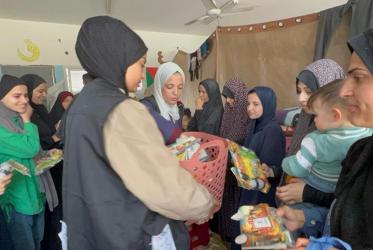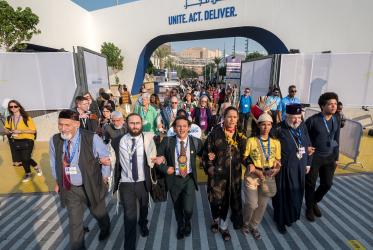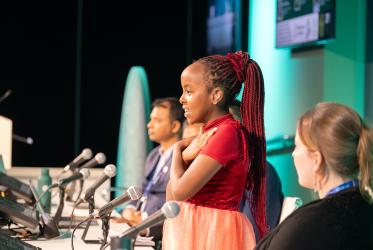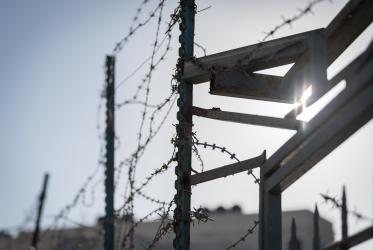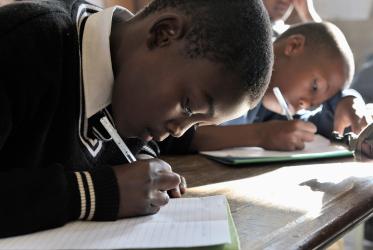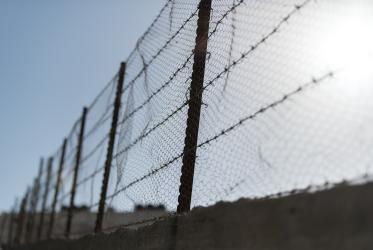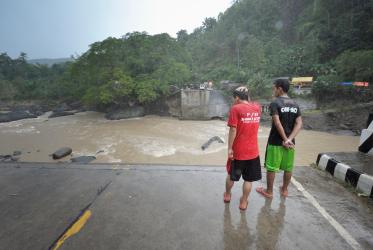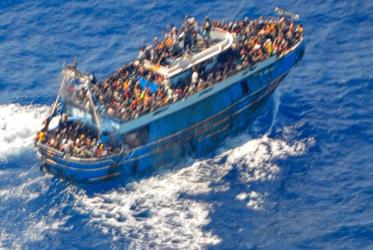Displaying 1 - 20 of 146
WCC expresses deep concern for human rights in Haiti
28 March 2024
WCC submits comments on draft UN “Pact for the Future”
12 February 2024
Displaced people south of Gaza face extreme difficulty
21 December 2023
Violations of human rights escalate in Masafer Yatta, Jerusalem
30 November 2023
World Children’s Day symposium brings sparks of hope
21 November 2023
Violence against Palestinians is rising in the West Bank
16 November 2023
World Council of Churches plans pilgrimage to Marshall Islands
09 November 2023




